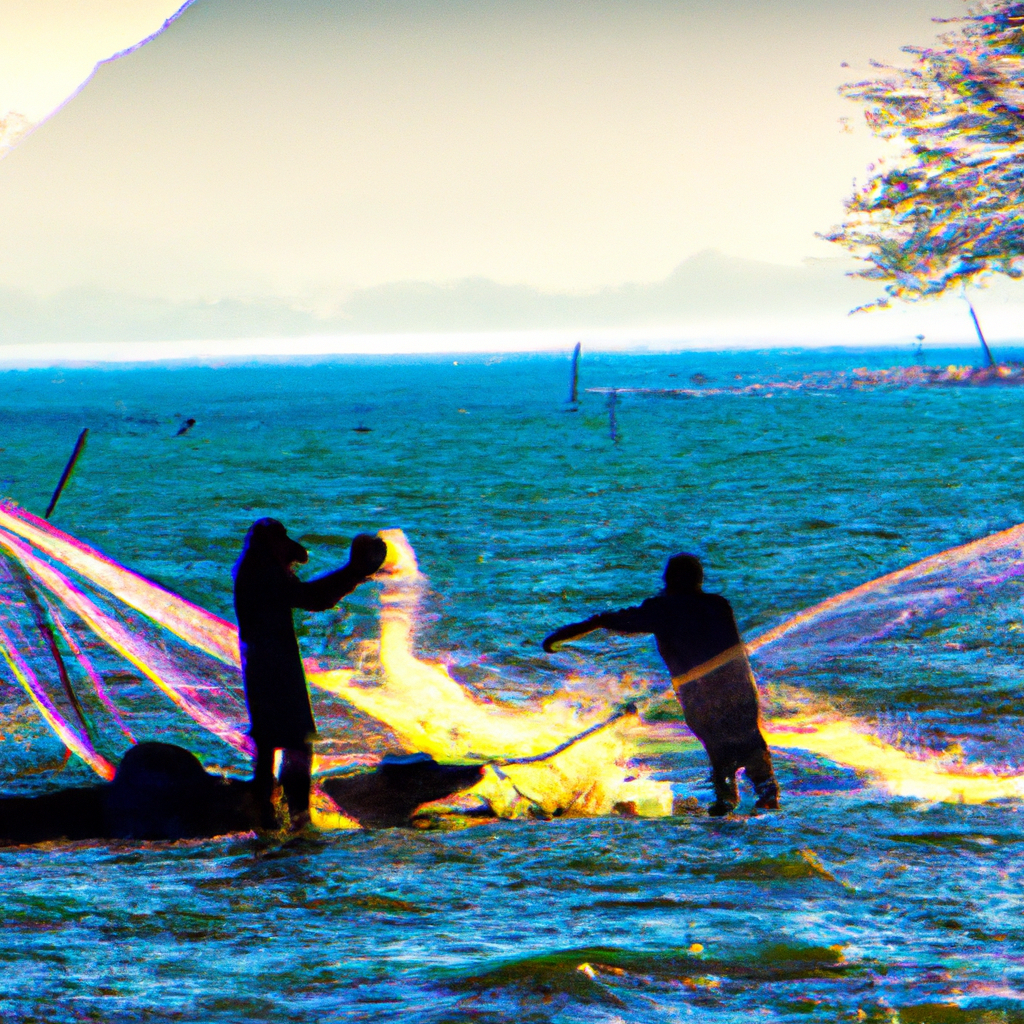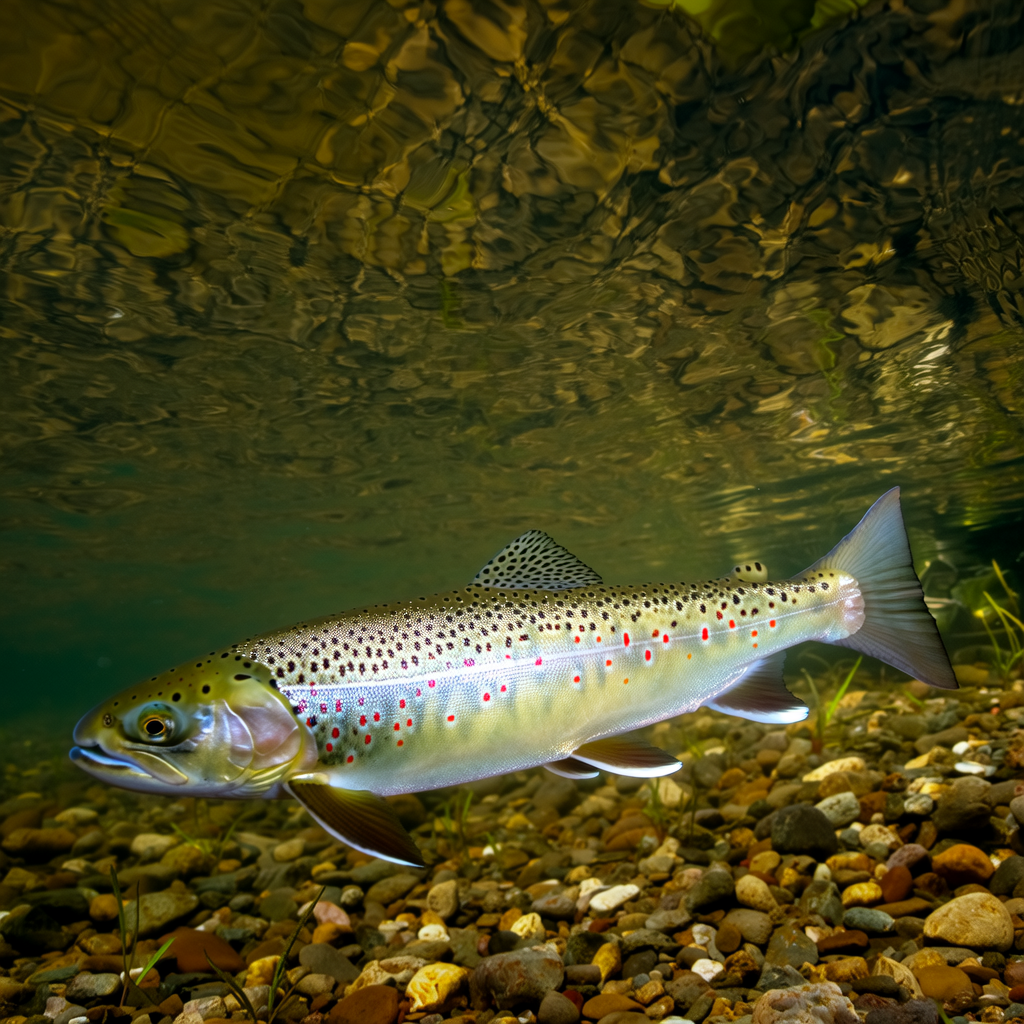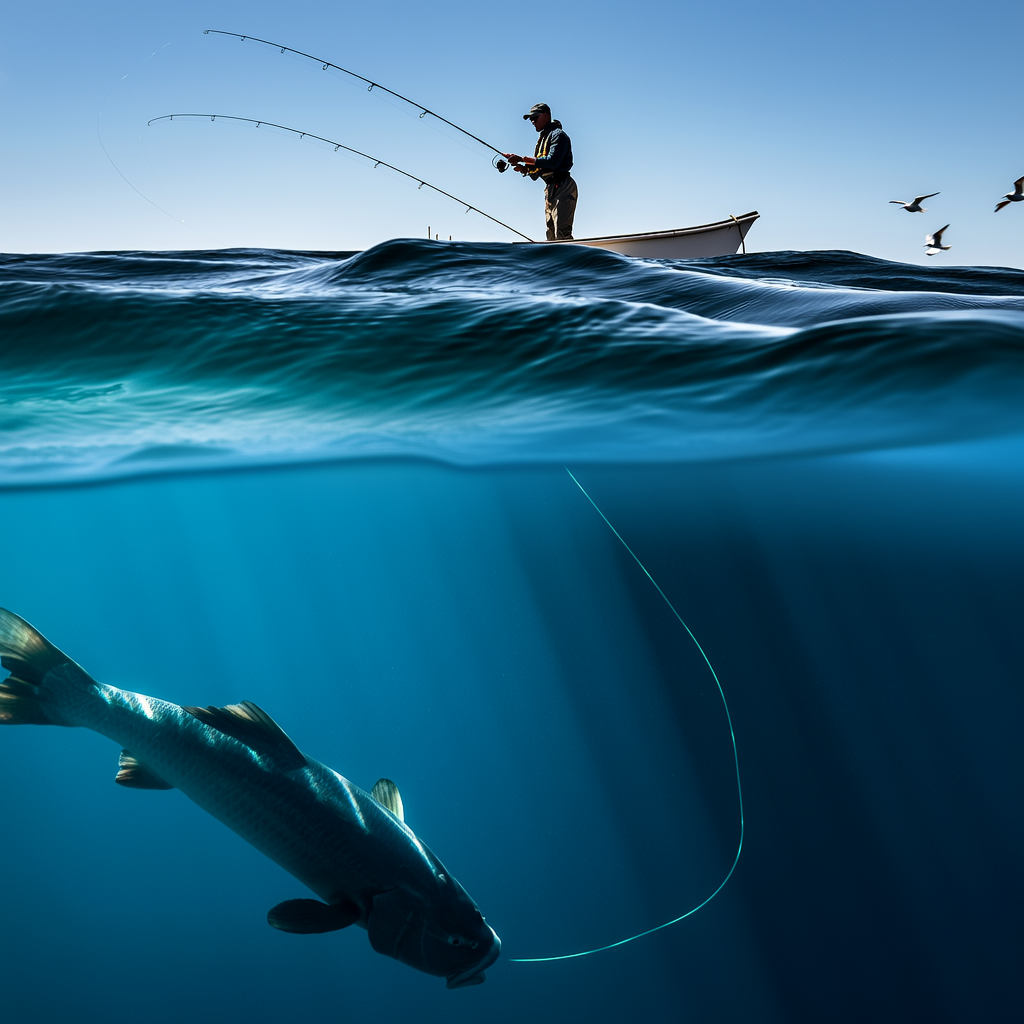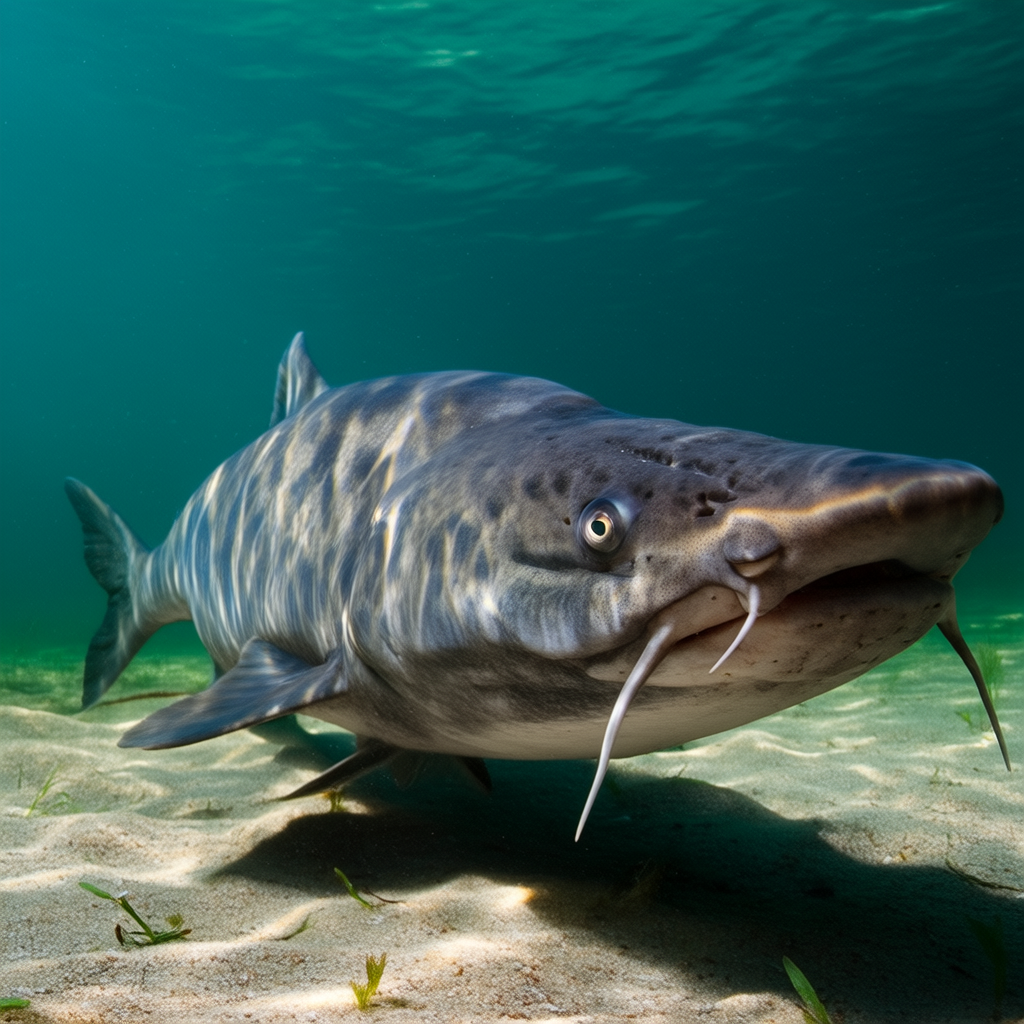What fishing license do you need? This is a very important question when it comes to fishing. Fishing licenses are regulated differently in different states and countries. It is important to understand the rules and regulations for the area you plan to fish.
Understanding Fishing License Requirements
Fishing licenses allow people to fish legally in a certain area. These licenses help to manage and protect fish population, as well as raise funds for conservation efforts. You could face heavy fines and other penalties if you don’t have the right fishing license.
Types of fishing licenses
Depending on where you fish and what type of fishing it is, there are different types of fishing licences that you may need. There are several types of fishing licenses.
1. Freshwater Fishing License
This license allows you to fish in rivers and lakes. Freshwater fishing permits are usually required for those over a certain amount of age. They may also have restrictions based on what species of fish they are targeting.
2. Saltwater Fishing License
You may need a license to fish in saltwater bodies, such as oceans or bays. These licenses may be required by individuals fishing from shore or boats, and they may have different rules than freshwater licenses.
3. Combo Fishing License
Some states offer combo licenses which allow you to fish both in freshwater and saltwater. These licenses can be convenient for anglers that enjoy fishing in different locations and may offer savings compared to buying separate licenses for each type.
4. License for Special Use Fishing
In some cases you may require a fishing license with a special purpose for activities like commercial fishing, chartering, or fishing within designated wildlife management zones. These licenses usually have additional requirements and fees. Be sure to check your local regulations.
How to get a fishing license
It’s easy to obtain a fishing permit, but you must follow the local requirements. Here are some general guidelines to help you obtain the right fishing licence for your needs.
1. Check the Regulations
Check the regulations of the area where you plan to fish before applying for a license. This includes age restrictions, catch limitations, and special regulations for specific species.
2. What type of license do you need?
Determine if you need a saltwater, freshwater, combo or special-use fishing license based on your fishing plans. You may need to choose a resident or a non-resident fishing license depending on your status.
3. Purchase Your License
Once you have determined the type of license that you require, you can buy it at the licensing agency. It could be the state wildlife department, a fishing tackle shop or an online portal. Be prepared to present identification and any required documentation.
4. Renewal of your license
Most fishing licenses have a fixed validity period, like one year. To avoid fishing without a valid license, renew your license prior to its expiration. Some states offer automatic license renewals for convenience.
The importance of fishing licenses
The right fishing license is important for many reasons. It helps protect fish populations first and foremost by ensuring that fishermen follow the established regulations and catches limits. Fishing licenses are also used to fund conservation efforts and habitat restoration.
In addition, fishing licenses regulate the fishing pressure in popular areas and reduce the risk of habitat degradation and overfishing. By enforcing license requirements, authorities can monitor the fishing activity and make informed resource management decisions.
Penalties for Fishing without a License
It is important to understand the consequences associated with fishing without a permit. The penalties for fishing without a valid license vary depending on the location, but can include fines and confiscation of equipment. In some cases, criminal charges may also be brought. It is easy to avoid these penalties. Just make sure that you have the correct fishing license before casting a line.
Conclusion
Knowing what fishing licenses you need as an angler is fundamental to responsible fishing. Understanding the requirements in your area and obtaining a license will allow you to enjoy your time on water while supporting conservation and sustainable fishing practices. Don’t let a lack of a license ruin your next fishing adventure. Take the time to obtain the right permit and fish ethically and legally.




